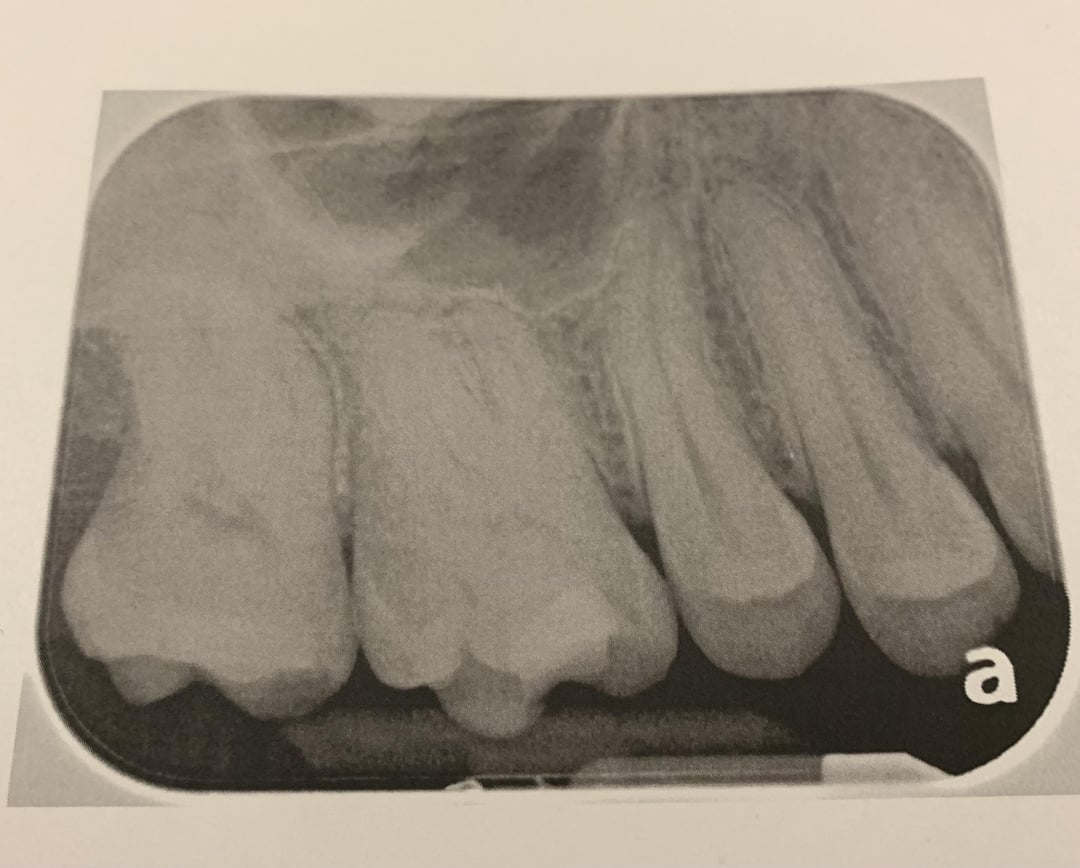Canker Sores: Can Chocolate Trigger Painful Outbreaks

The fiery, painful sensation of a canker sore can be debilitating, affecting not only our ability to eat and drink but also our overall quality of life. While the exact cause of canker sores, also known as aphthous ulcers, remains unclear, research suggests that certain dietary factors may play a role in triggering these painful outbreaks. One such culprit could be chocolate, a beloved treat for many, but potentially a nemesis for those prone to canker sores.
To understand the potential link between chocolate and canker sores, it’s essential to explore the underlying causes and risk factors associated with these oral ulcers. Canker sores are small, shallow lesions that develop on the soft tissues in the mouth, including the tongue, inner cheeks, and lips. They are characterized by a white or yellowish center surrounded by a red border and can be extremely painful, especially when eating, drinking, or speaking.
Several factors can contribute to the development of canker sores, including stress, hormonal changes, immune system reactions, and nutritional deficiencies. Additionally, certain foods and substances may trigger canker sores in susceptible individuals. Among these potential triggers, chocolate has been singled out due to its unique composition, which may irritate the mucous membranes in the mouth and lead to the formation of canker sores.
The Cocoa Conundrum: How Chocolate Might Contribute to Canker Sores
Chocolate, particularly dark chocolate, contains a significant amount of cocoa, which is rich in flavonoids and other compounds that can have both beneficial and detrimental effects on the body. While flavonoids are known for their antioxidant properties and potential health benefits, they can also cause adverse reactions in some individuals. The high acidity and bitterness in cocoa could potentially irritate the mucous membranes, leading to inflammation and the development of canker sores.
Furthermore, chocolate contains other ingredients like sugar, milk, and additives that might exacerbate the condition. The sugar content in chocolate can lead to an increase in acid production in the mouth, creating an environment conducive to the formation of canker sores. Similarly, the casein in milk, a common ingredient in milk chocolate, can trigger an immune response in some individuals, potentially leading to canker sores.
Nutritional Factors: The Role of Deficiencies and Imbalances
In addition to the potential irritants found in chocolate, nutritional deficiencies and imbalances can also play a significant role in the development of canker sores. A lack of essential vitamins and minerals, such as vitamin B12, iron, and folate, can impair the body’s ability to heal and maintain the integrity of mucous membranes, making them more susceptible to canker sores.
Moreover, an imbalance of dietary factors, including an excessive intake of acidic or spicy foods, can disrupt the natural pH balance in the mouth, leading to inflammation and potentially triggering canker sores. The consumption of chocolate, especially in large quantities, can contribute to this imbalance due to its high sugar and acid content.
Managing Canker Sores: Dietary Modifications and Remedies
While the relationship between chocolate and canker sores is not fully understood and may vary from person to person, making informed dietary choices can help manage and prevent these painful outbreaks. For individuals who suspect that chocolate or other foods trigger their canker sores, keeping a food diary can be a useful tool to track consumption and identify potential triggers.
In addition to avoiding trigger foods, maintaining a balanced diet rich in fruits, vegetables, whole grains, and lean proteins can help support immune function and reduce the risk of canker sores. Supplements such as vitamin B12, iron, and folate may also be beneficial for individuals with deficiencies, although it’s crucial to consult with a healthcare provider before starting any new supplements.
Topical remedies and oral care practices can also provide relief and promote healing. Rinsing the mouth with salt water, applying topical creams or gels, and using a soft-bristled toothbrush can help manage symptoms and prevent further irritation.
Conclusion: Navigating the Complex Relationship Between Diet and Canker Sores
The connection between chocolate consumption and the development of canker sores is complex and influenced by various factors, including individual tolerance, dietary habits, and overall health. While chocolate may be a trigger for some, it is essential to adopt a holistic approach to managing canker sores, considering both dietary modifications and oral care practices.
By understanding the potential triggers and risk factors associated with canker sores, individuals can make informed choices to reduce their frequency and severity. Whether it means limiting or avoiding certain foods like chocolate, maintaining good oral hygiene, or addressing underlying nutritional deficiencies, taking proactive steps can lead to a significant improvement in oral health and quality of life.
FAQ Section
Can chocolate definitively cause canker sores?
+While there is evidence to suggest that chocolate may trigger canker sores in some individuals, the relationship is not definitive and can vary greatly from person to person. Other factors such as nutritional deficiencies, stress, and immune system reactions also play a role.
How can I identify if chocolate is a trigger for my canker sores?
+Keeping a food diary can be a helpful tool in tracking your consumption of chocolate and other potential trigger foods. Note when you consume these items and if you experience canker sores shortly after. This can help you identify patterns and make informed decisions about your diet.
Are there any specific types of chocolate that are more likely to trigger canker sores?
+Darker chocolates, which contain more cocoa, may be more likely to trigger canker sores due to their higher acidity and flavonoid content. However, individual reactions can vary, and some people may react to milk chocolate or white chocolate as well.
Can I prevent canker sores by changing my diet?
+Making dietary changes can help reduce the frequency and severity of canker sores. Eating a balanced diet rich in vitamins and minerals, avoiding potential trigger foods, and staying hydrated can support your oral health and overall well-being.
What are some natural remedies for canker sores?
+Natural remedies such as rinsing with salt water, applying aloe vera gel, or using a topical paste containing ingredients like baking soda and milk of magnesia can provide relief and promote healing. Always consult with a healthcare provider before trying new remedies, especially if you have recurring or severe canker sores.

